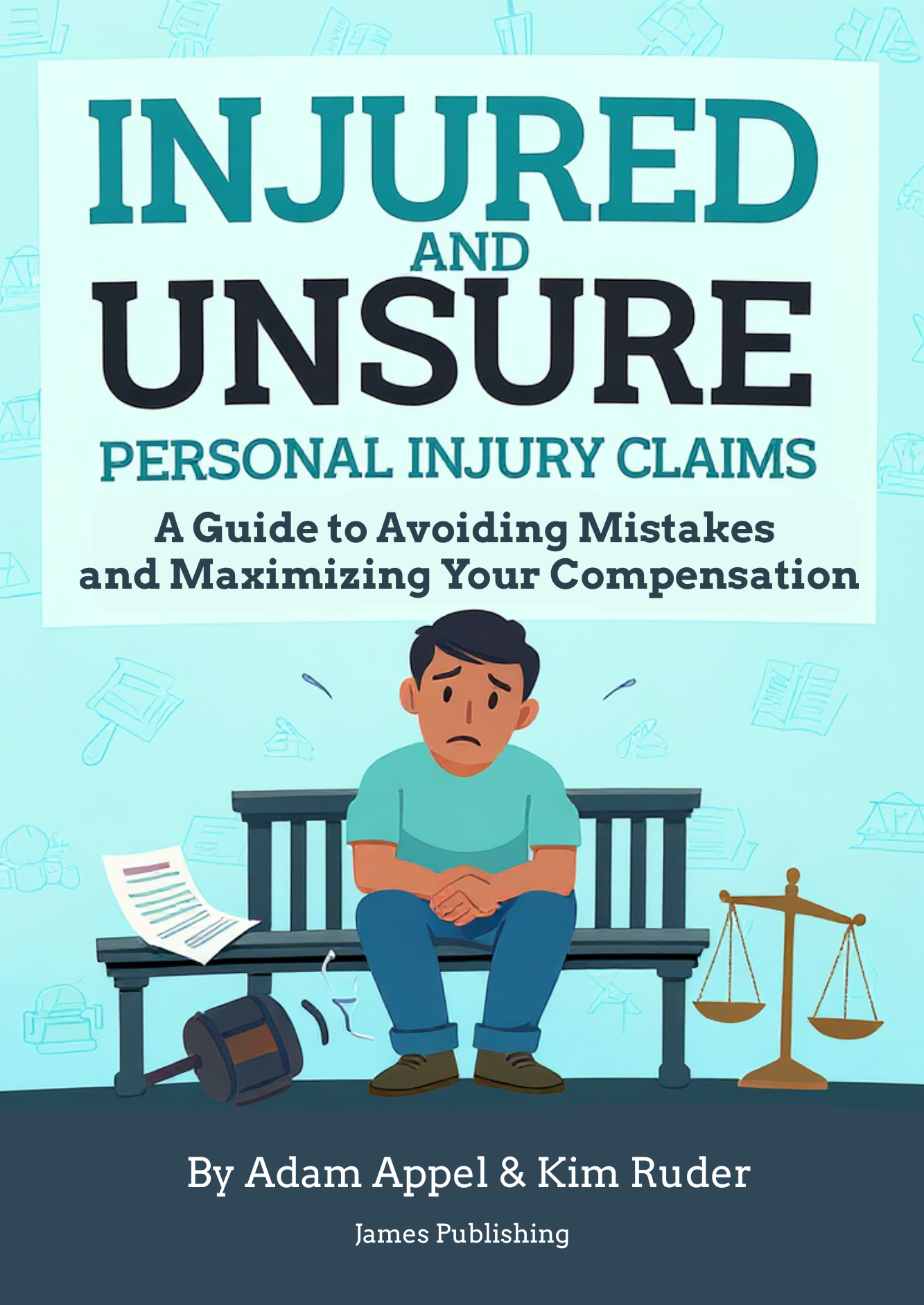Table of Contents
Getting into an accident is complex enough at any time, but wintry roads create conditions that make serious damages more likely than any other time of year. Not only is driving more dangerous, it is also more difficult to assess what is due to the driver’s negligence and what is due to the weather. There are several important points to consider in auto accidents involving dangerous winter roads.
How Fault Is Determined?
Even in the worst of weather conditions, such as white-out or black ice, accidents do not occur solely because of weather. In the eyes of the law (as well as those of insurance companies), it is the driver’s responsibility to keep control of his or her vehicle – regardless of the conditions. Even during inclement weather, the driver still chooses whether to drive, where to drive, and how fast to drive.
However, some insurance companies split the fault, sometimes evenly, between two drivers who lost control during inclement weather, claiming that they both lost control due to weather and neither is more at fault than the other. It does not clear them from liability, however. Though wintry conditions do not absolve a driver’s liability or fault, they do provide elements for the defense to use in the event of a pursuit of damages. Often, the defense carries out an investigation or crash re-creation.
What Happens After a Winter Weather Collision?
Winter weather collisions have the same claims, settlement process, and possibly court proceedings as any other accidents, except that the weather is likely to come up as part of the defense. One party likely pursues the other for damages including medical bills, lost wages, property damages, and pain and suffering.
However, it is not easy to go up against the insurance companies. When car accident cases go to trial, the plaintiff often is not just fighting another person. The insurance companies fight for their own interests, as well, because they do not want to pay out more than absolutely necessary. For that reason, if you are involved in an auto accident it is important to seek legal counsel as quickly as possible..
Tips for Avoiding Car Accidents in Winter
How can drivers stay safer on the road this winter season? There are many steps you can take for a safer drive.
- Winterize vehicles to help avoid loss of control or frozen fluids.
- Clear and scrape windows and mirrors for full visibility.
- Clean headlights from sludge, snow, dirt, and salt for optimal visibility.
- Check tire pressure and tread. If needed, switch to snow tires with deeper tread.
- In extreme weather, consider using tire chains.
- Drive at least ten mph slower than the speed limit in very bad weather.
- Increase the following distance and stopping distance. Brake sooner and more gently.
- Avoid driving when possible – especially in white-outs and black ice conditions.
- Switch to a non-freezing windshield solution.
- Check all fluids, especially in below-freezing temperatures.
- Carry blankets, a first aid kit, and other essentials in case you are stranded.
- Keep extra fuel in the event of running out of gas in below-freezing temperatures.
- Carry road flares.
- Check that the spare tire is inflated.
Winter weather driving follows all the same rules as other times of the year, only more so. However, winter calls for even more careful, defensive driving tactics, and avoiding driving altogether when necessary. You are expected to be in control of your car at all times, no matter the weather, so don’t expect to use road conditions as a successful defense after an accident.
Visit our website or contact us today at (404) 390-4224 to schedule your free consultation with one of our award-winning attorneys.
